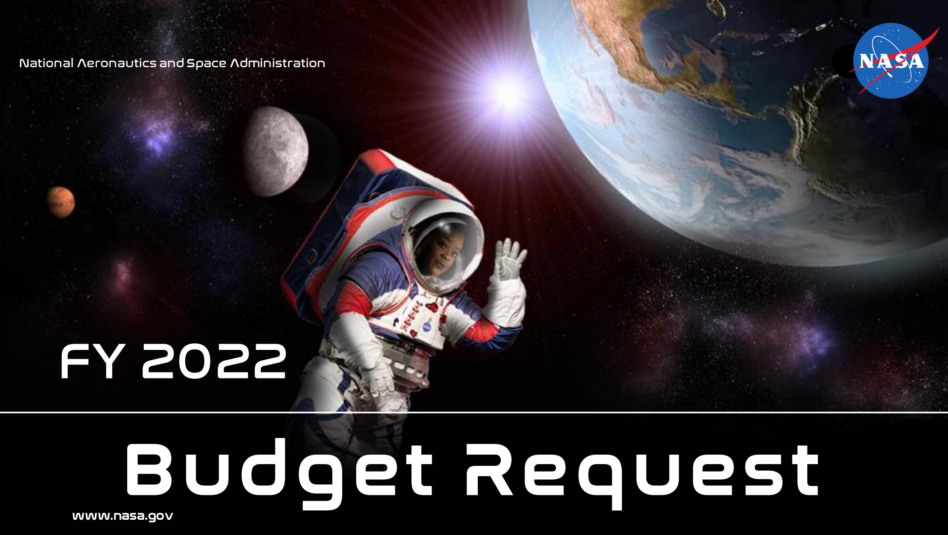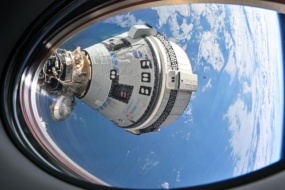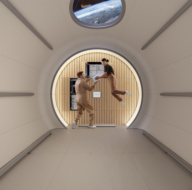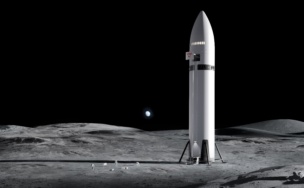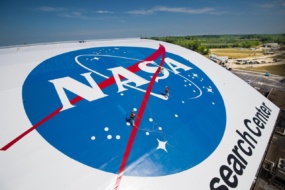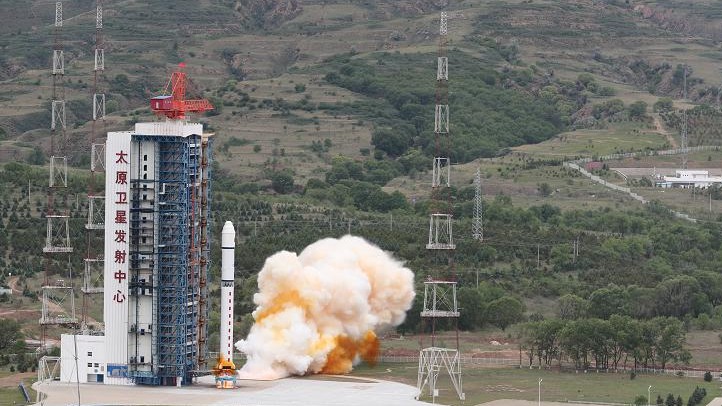The Senate Appropriations Committee yesterday released its fiscal year 2022 appropriations bill. We’ll Ctrl+f to the part you’re here for: The bill would provide ~$24.8 billion to NASA, almost exactly what the agency asked for in its 924-page FY22 budget request (yes, we counted).
Allocating nearly $25 billion to NASA would be a 6+% bump over FY21, which was a 3% boost over FY20. Attribute rising costs to human spaceflight, or deep space exploration, or inflation, or whatever you want…NASA anticipated needing a big leap in funding, and its wishes may come true.
Well…not every wish. NASA probably would like to move on from the decision to solely award the first Human Landing System (HLS) contract to SpaceX. The US government, however, has said ‘not so fast.’ The appropriations bill would provide NASA with $100 million more than it requested for HLS next year.
But…there’s a caveat. Citing the need for more redundancy and competition, the Senate has directed NASA to support two separate moon lander programs. If you know how to make a human-rated lunar lander for $100M…many governments and many more companies would like a word.
- In fairness, the Senate concedes that it does expect larger NASA budget requests in subsequent years, due to the overhead associated with multibillion-dollar moon-landing missions.
- The Senate also took a potshot at NASA, noting that its “rhetoric of blaming Congress and this Committee for the lack of resources needed to support two HLS teams rings hollow.”
Looking forward…Despite their best efforts, NASA and SpaceX haven’t been able to extricate themselves from the HLS saga. Still, Starship is the favorite to be first vehicle that returns American astronauts to the moon.
